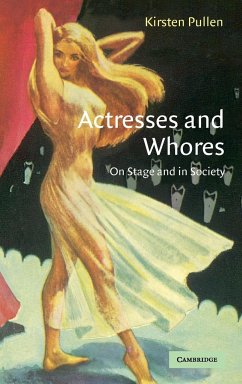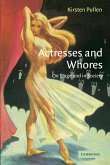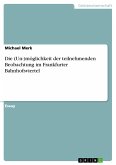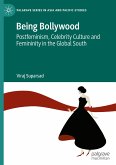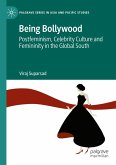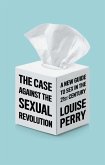The image of the actress as prostitute has haunted the theatrical profession since women first went on the stage. This book explores the history of this connection both in the cultural imagination and in real life. It shows, through case studies of women working in Britain and the United States between the seventeenth and twentieth centuries, that some women have drawn on the dual tradition of 'whore' as radical and victim to carve out a space for female sexual agency. Female performers from Elizabeth Boutell and Charlotte Charke to Mae West redefined gender identity and appropriate female sexuality. Pullen integrates substantial archival research and interviews with working prostitutes with a consideration of feminist and cultural perspectives on the myth and reality of the actress/whore. This highly original study offers many insights to theatre historians and scholars of cultural, social and gender studies.
Hinweis: Dieser Artikel kann nur an eine deutsche Lieferadresse ausgeliefert werden.
Hinweis: Dieser Artikel kann nur an eine deutsche Lieferadresse ausgeliefert werden.

